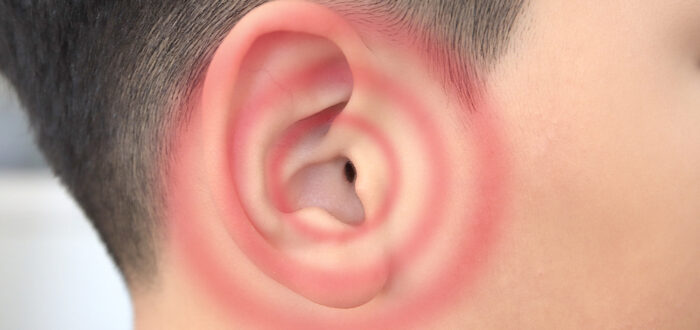Hearing loss is a common and often misunderstood condition. People living with hearing loss face unique challenges in communication and daily interactions, often requiring adjustments such as using hearing aids or relying on visual cues. Their experiences vary widely, and understanding, patience, and inclusive communication practices are essential for supporting their needs and fostering positive relationships
9 Things People with Hearing Loss Wish You Knew
For those living with hearing loss, daily life presents unique challenges that others may not fully appreciate. Here are 9 things that people with hearing loss wish you knew to foster a more understanding and inclusive environment.
1. Hearing Loss is Not Always Visible
Hearing loss is an invisible condition, and it’s not always apparent that someone has difficulty hearing. Making assumptions can lead to misunderstandings, so it’s best to ask and communicate openly.
2. Loud Background Noise Can Be Overwhelming
People with hearing loss often struggle with background noise. A bustling restaurant or crowded room can make it nearly impossible to follow a conversation. Choosing quieter settings can make a big difference.
3. Reading Lips Isn’t a Perfect Solution
While some individuals with hearing loss may read lips to assist with understanding, it’s not a fool-proof method. Facing the person and speaking clearly can be more helpful.
4. Hearing Aids Don’t ‘Fix’ Hearing
Hearing aids are valuable tools, but they don’t restore hearing to normal levels. They amplify sound, helping with clarity, but background noise and other factors can still pose challenges.
5. Patience and Clarity are Key
Repeating yourself or rephrasing can be more helpful than simply speaking louder. Show patience and empathy when communicating with someone with hearing loss.
6. It’s Not About Ignoring or Lack of Interest
If someone with hearing loss doesn’t respond, it’s likely not about ignoring you or being uninterested. Gentle attention can go a long way in fostering positive communication.
7. Inclusion Matters
In social settings, make an effort to include people with hearing loss in conversations. Feeling left out can be isolating, so show consideration and include them in the dialogue.
8. Technology Helps, But Isn’t a Cure-All
Modern technology, such as hearing aids and assistive devices, makes life easier but isn’t a complete solution. Understanding and empathy are equally essential.
9. Every Hearing Loss Experience is Unique
Hearing loss varies greatly among individuals. What works for one person may not for another. Asking and showing a willingness to understand can make all the difference.
Hearing loss affects millions of people worldwide, and understanding these 9 insights can lead to more compassionate interactions and relationships. By making an effort to understand the unique experiences of those with hearing loss, we create a more inclusive and supportive community.
Whether you have a friend, family member, or colleague with hearing loss, these insights will help you communicate more effectively and show that you care.
Get Your Hearing Checked at Hearing Services of Delaware
If you suspect that you may have hearing loss and would like to speak to a specialist about your concerns, don’t hesitate to get in touch. The team at Hearing Services of Delaware are here to help! Contact us today to schedule an appointment with one of our certified hearing care professionals.

